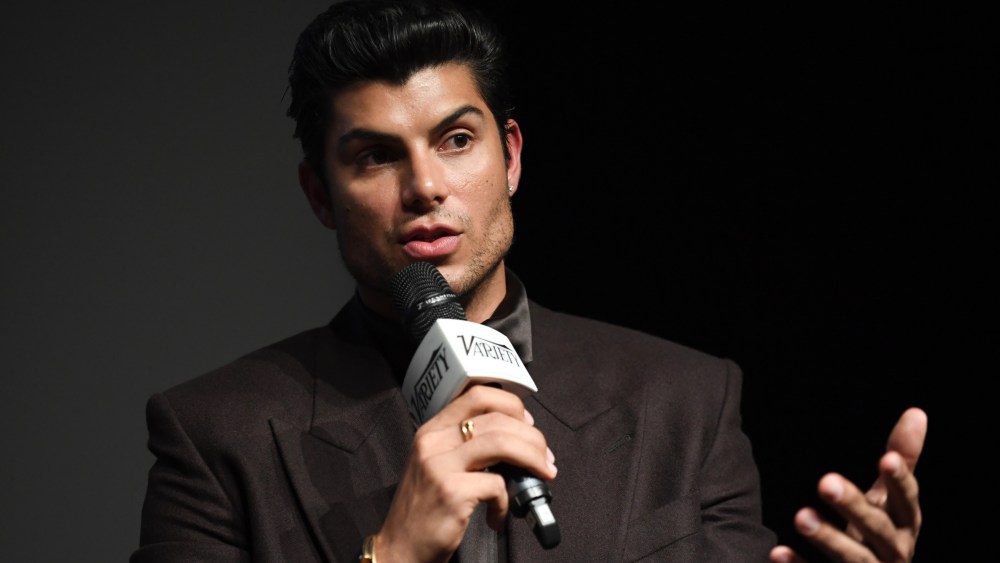Shortly after completing his short film America, Luca Castellani became an American citizen, a move the Brazilian-born actor describes as “bittersweet.” “Looking back, it’s bittersweet because I don’t know the country I fought for and the country I wanted to live in,” Castellani said of the United States during a post-screening discussion with “America” director Ali Muritiba.
This discussion was held on October 24th as part of Variety Screening Series 2025. Variety’s Jazz Tancai moderated a discussion about Castellani and Mritiba’s latest short project. The project focuses on an encounter with ICE agents that disrupts a romance between a Brazilian immigrant (Castellani) and an aspiring writer (Cheyenne Jackson). This is a timely and emotional work that coincides with the culmination of Castellani’s 10-year journey to citizenship.
“It’s humbling to be able to tell a story that resonates with so many people and, in some ways, helps protect my community,” Castellani said. The film was shot over four days, including scenes filmed in a guerilla style at real No Kings protests, but Castellani said, “I’d like to say it took me 10 years to make this movie,” Castellani said, reflecting on his journey from immigrating to the United States from Brazil at the age of 17 nearly 10 years ago to now starring in Muritiba’s award-winning short film.
The director is one of Brazil’s most respected filmmakers, having directed the HBO series City of God: The Fight Rages On and numerous feature films. “America” was his first English-language project, and he saw an opportunity to tell this story as a socially important issue. “During my career so far, I have made films with social themes. I consider myself a warrior. I need to use my skills and my voice to talk about things that are very important to me. That’s why I wanted to write this script about immigration,” said Mritiba.
Castellani and Mritiba spoke about how the United States can learn from Brazil and its own history of overcoming fascism. “In Brazil, we had this fascist regime a few years ago after the elections. This guy tried to stage a coup, and now he’s in prison because our justice system is working,” Mritiba said. “So now Brazil is the largest democracy in the Americas, and I’m very proud of that. I think we’ve learned our lessons, and I think we can teach those lessons to other countries.”
Muritiba went on to say, “I have a lot of friends who live here, and they came to America to live the American dream, and this American dream has become a kind of nightmare.” Castellani agreed, but also expressed gratitude for finally gaining citizenship. “I feel safe now and I’m very proud to be in America and fight for this country like everyone else.”
That emotional ambivalence is part of the immigrant experience that “America” spotlights. “What I want to tell you with this film is that we have to protect each other and put our differences aside,” Castellani insisted. “I think as a society, all we’re trying to do is love each other, you know? And then systems come in, politics comes in, religion comes in, all the things that come in between people trying to love each other. That’s all we’re trying to do in the world. Our system seems so broken that we can’t do the one thing that everyone needs to do: love.”
Muritiba said succinctly: “This film is about empathy. It’s a love story in these difficult times.” At a time when stories about politics and immigration are often dark, “America” doesn’t shy away from harsh realities, but the filmmakers aim to explore them through a human lens, where empathy and love can endure.

